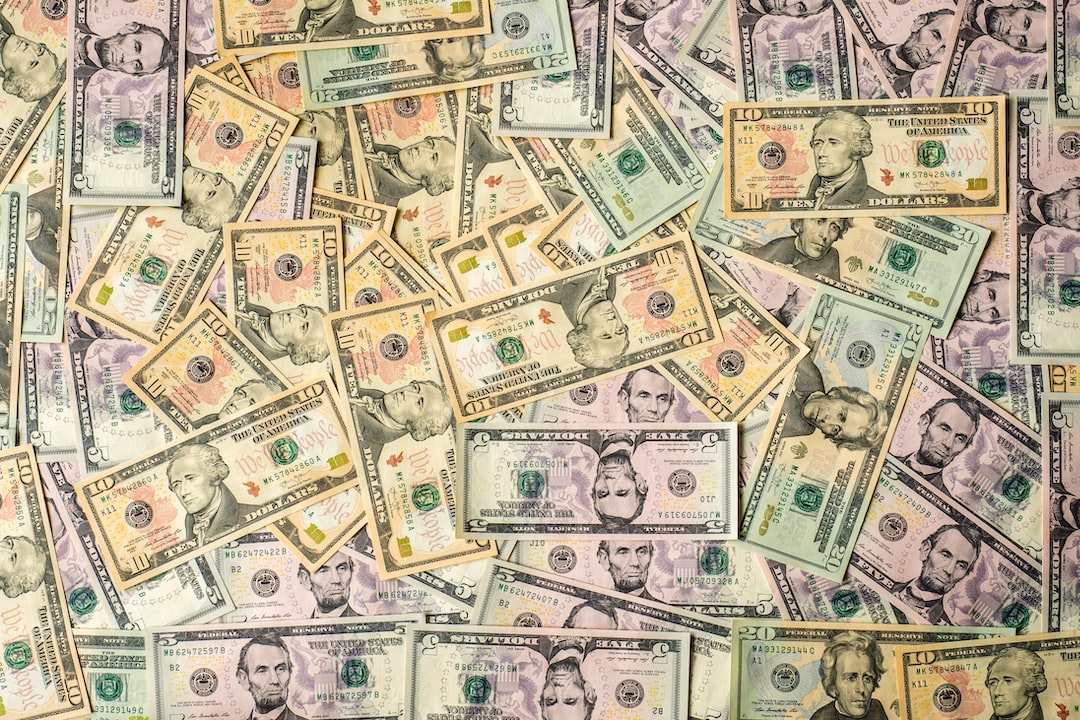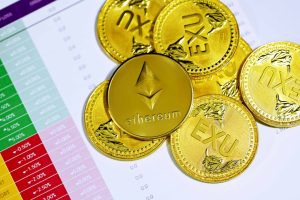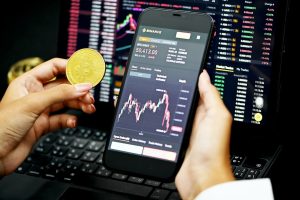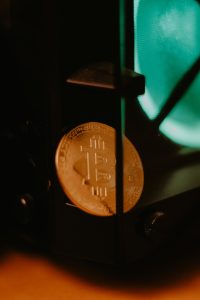Forex trading is a challenging and dynamic field that requires a unique combination of skills and qualifications. Forex traders are professionals who specialize in buying and selling currency pairs in the foreign exchange market. These traders are responsible for analyzing market trends, predicting price movements, and executing trades to earn profits. To become a successful forex trader, one must possess a range of qualifications and skills. In this article, we will explore the qualifications that forex traders have and why they are essential.
1. Academic Qualifications
Most forex traders have a background in finance, economics, or business administration. A degree in any of these fields provides traders with a solid foundation in financial theory, which is essential in forex trading. Additionally, an academic background in mathematics, statistics, and computer science can be helpful in analyzing market trends and developing trading algorithms.
2. Professional Qualifications
Forex traders often pursue professional qualifications to enhance their knowledge and skills in the field. Some of the most popular professional qualifications for forex traders include the Chartered Financial Analyst (CFA), the Financial Risk Manager (FRM), and the Certified Financial Planner (CFP). These qualifications demonstrate a trader’s expertise in financial analysis, risk management, and financial planning, which are all crucial skills in forex trading.
3. Experience
Experience is one of the most critical qualifications for forex traders. Trading in the foreign exchange market is complex, and it takes time to develop the skills and knowledge necessary to succeed. Most successful forex traders have years of experience in the field, during which they have honed their trading strategies, developed risk management techniques, and learned to adapt to changing market conditions.
4. Technical Skills
Forex traders must have a good understanding of technical analysis, which involves analyzing market data to identify trends and patterns. This requires a strong understanding of charting tools, technical indicators, and statistical analysis. Additionally, forex traders must be proficient in using trading platforms and software to execute trades and monitor market conditions.
5. Emotional Intelligence
Emotional intelligence is an essential qualification for forex traders, as it helps them manage their emotions and make rational trading decisions. Successful forex traders must be able to stay calm under pressure, handle losses gracefully, and avoid impulsive decisions based on emotions. Emotional intelligence also helps traders build strong relationships with clients and colleagues, which can be useful in building a successful trading career.
6. Continuing Education
Forex traders must be committed to ongoing learning and professional development. The foreign exchange market is constantly evolving, and traders must stay up-to-date with the latest trends, technologies, and trading strategies. Many traders attend conferences, workshops, and training programs to expand their knowledge and skills in the field.
In conclusion, forex trading is a highly specialized field that requires a unique combination of qualifications and skills. Successful forex traders have a solid academic background, professional qualifications, years of experience, technical skills, emotional intelligence, and a commitment to ongoing learning and professional development. By possessing these qualifications, forex traders can navigate the complex and ever-changing foreign exchange market and earn profits for themselves and their clients.





